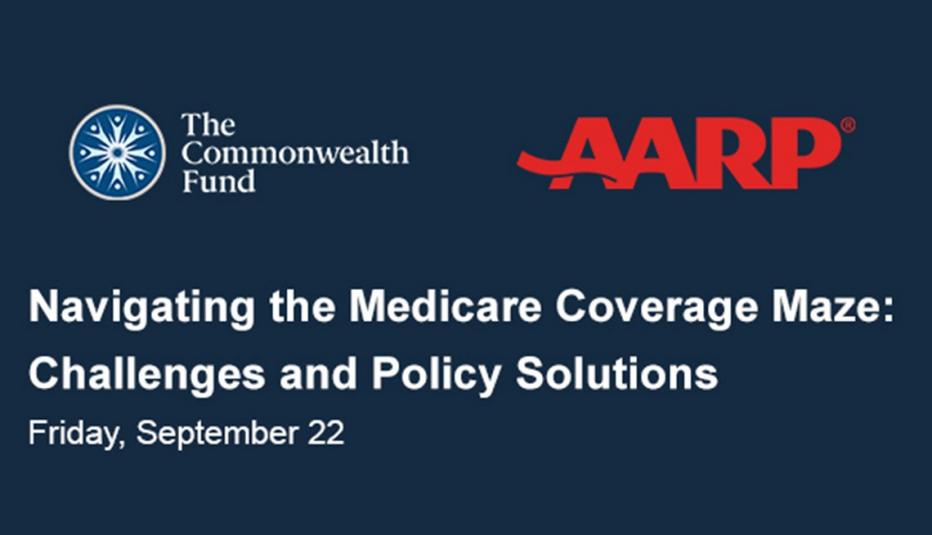AARP Hearing Center
This AARP survey looked at the extent to which 50+ workers are planning for their future retirement and where potential health care costs fit into this planning. It also looked at whether individuals are concerned about these costs and what sources of income they plan to use to cover potential costs.
Key findings include:
- Almost four in ten 50+ workers (38%) are not saving for health care costs, and many (44%) do not have any plans to do so in the future. Only a quarter (28%) plan to begin saving within the next few years. The most common barrier to saving is the sense that one cannot afford to do so at this time either because they are paying other expenses or taking care of others.
- While a majority of 50+ workers (62%) say they are saving for health care costs, more than half (55%) are worried they may not be able to afford health care costs. Younger workers (age 50-59) are more worried than older workers (60+). Women (61%) are also more worried than men (51%). This may be due to the fact that women are more often the health decision-makers and may be more aware of potential costs.
- There is a sizeable gap between when respondents believe one should begin saving for health care costs and when one actually begins saving. This gap exists for both retirees and workers but is wider among workers. For example, among 50+ workers, 68% believe one should begin saving at 35 years old or younger but only 28% of non-retires began saving at that age.
- A majority of 50+ workers (57%) plan to work past the age of 65, including roughly two in ten (18%) who say they will never retire. In addition, many (43%) say they began saving too late for retirement. Most earlier than planned retirements are due to unforeseen health conditions or the economic recession forcing individuals into early retirements.
The survey was conducted for AARP by Woelfel Research, an independent research firm. Interviews were conducted via telephone June 4-22, 2014 among a nationally representative sample of 1,002 adults’ age 50+ who are not retired. A comparison sample of 502 retired adults age 50+ was also included. The data is weighted by age and gender. For more information, contact Laura Skufca at lskufca@aarp.org.



































































